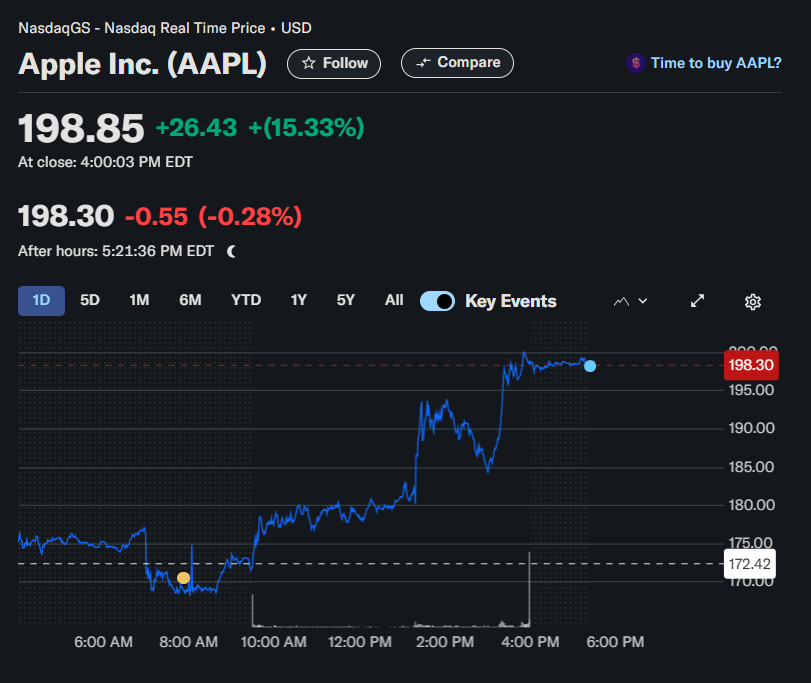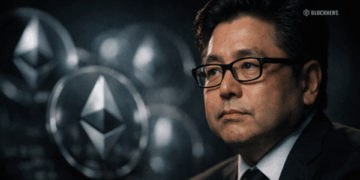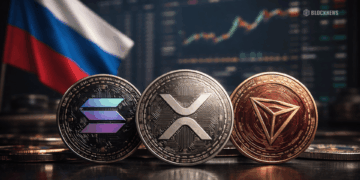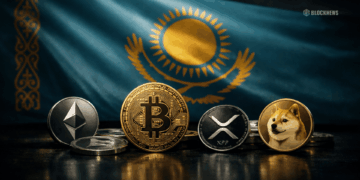- Apple stock surged 15% after Trump paused most tariffs, adding $400 billion to its market value.
- Tariff cuts on India and Vietnam could help Apple avoid China’s higher 125% tariff.
- Despite the rally, Apple still faces risks in China, where it earns major revenue and now faces 84% tariffs.
Apple shares went absolutely vertical on Wednesday—jumping a wild 15%—after President Trump hit the brakes on those hefty “reciprocal tariffs” that had investors biting their nails for days. The pause? 90 days. Just enough time, maybe, for cooler heads to figure things out.
Apple Stock Soars 12 After Trumps Tariff Pause Announcement is This the Return of the Bull Market
That monster move added over $400 billion (yep, with a “b”) to Apple’s market cap, which now sits just shy of $3 trillion. For a little perspective: the last time Apple had a day this good, Steve Jobs was still interim CEO, and the iPod was just a twinkle in Apple’s eye. Back then, the company was worth… well, around $3 billion. Wild, huh?
Tariffs Took a Toll—Until They Didn’t
Apple had been getting hammered lately, especially since it still leans heavily on physical hardware sales—think iPhones, Macs, AirPods, all that good stuff. And with most of that gear still being made in China, Trump’s tariff hikes hit close to home. Before the rally, Apple was in its worst 4-day skid since the dot-com bubble days in 2000.
Now here’s the kicker—China didn’t catch a break. Trump actually upped the tariff on Chinese goods to a whopping 125%, up from 54%, while Apple’s supply partners in Vietnam and India scored big: tariffs there got slashed to just 10%.
That could be a game changer for Apple, which has been quietly spreading out its supply chain footprint. Less reliance on China? Looks like that plan’s paying off.
China Still a Wildcard
Even though China slapped an 84% tariff on U.S. products this week—ouch—Apple might sidestep the worst of it by leaning harder on production in places like Vietnam, India, and Thailand. It’s a tightrope, no doubt. China remains Apple’s third-largest market, and losing ground there wouldn’t exactly be ideal.
Still, with tariffs trimmed on key countries, Apple might be able to keep a healthy pipeline flowing into the U.S. without absorbing the full brunt of China’s retaliation.

Markets Rally, But the Road Ahead’s Foggy
The Nasdaq ripped higher—more than 12%—marking its second-best day ever. Wall Street clearly liked the idea of a timeout on the trade war front.
Apple hasn’t issued a statement on the tariff pause yet, but CEO Tim Cook is expected to talk tariffs (among other things) on the upcoming May 1 earnings call. You can bet everyone from Main Street to Wall Street will be tuning in.














